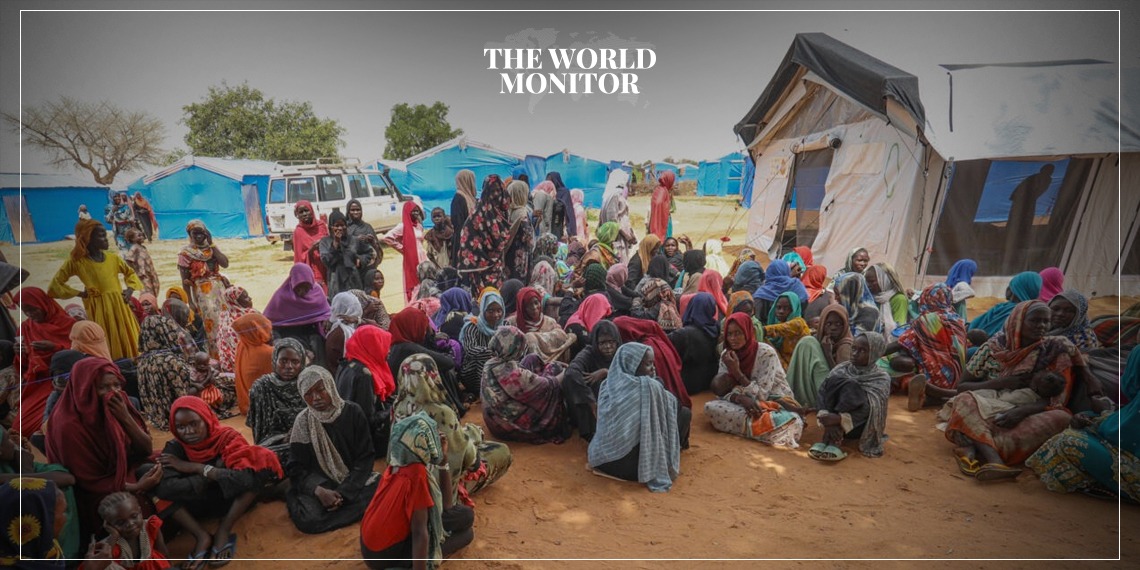The Sudanese government has disclosed that the number of internally displaced persons (IDPs) in nine states of the country has exceeded 11 million, with their presence spanning across 67 localities. This alarming statistic was revealed in a press statement by Dr. Graham Abdel-Qader, the Minister of Culture and Information.
According to a study presented by the Commissioner of Humanitarian Aid at a meeting of the High Committee for Humanitarian Emergencies, the most affected among the displaced are women and children. The figures stand at approximately 4 million displaced women and 3 million displaced children.
Dr. Abdel-Qader informed that 90% of these IDPs are from Khartoum, Gezira, and the Darfur regions. He emphasized the committee’s directive to update the study to incorporate new variables, including the changing numbers of displaced persons and their potential return to their original locations.
The minister stressed the importance of ensuring the safe delivery of humanitarian aid. This includes adhering to procedures that maintain the country’s sovereignty and affirm the Sudanese government’s approval of all measures ensuring national and health safety for citizens.
During the committee meeting, an integrated sovereign system encompassing health, humanitarian, service, and social sectors was discussed. This system aims to address the entire state’s needs, reflecting the government’s approach to not fragmenting state responsibilities.
Furthermore, the committee resolved to form a specialized team to oversee the entry of relief and aid through various ports of entry, particularly those without proper procedures. This team includes partners from relevant domestic institutions such as the Ministries of Foreign Affairs, Interior, Social Development, and related agencies.
Dr. Abdel-Qader described the meeting as crucial, highlighting the focus on health requirements, higher education and scientific research initiatives, and the essential needs for humanitarian aid.
The situation in Sudan remains a critical issue, with the extensive displacement posing severe challenges to the country’s stability and development. The government’s efforts to manage this crisis and ensure the well-being of its displaced population are of paramount importance.






